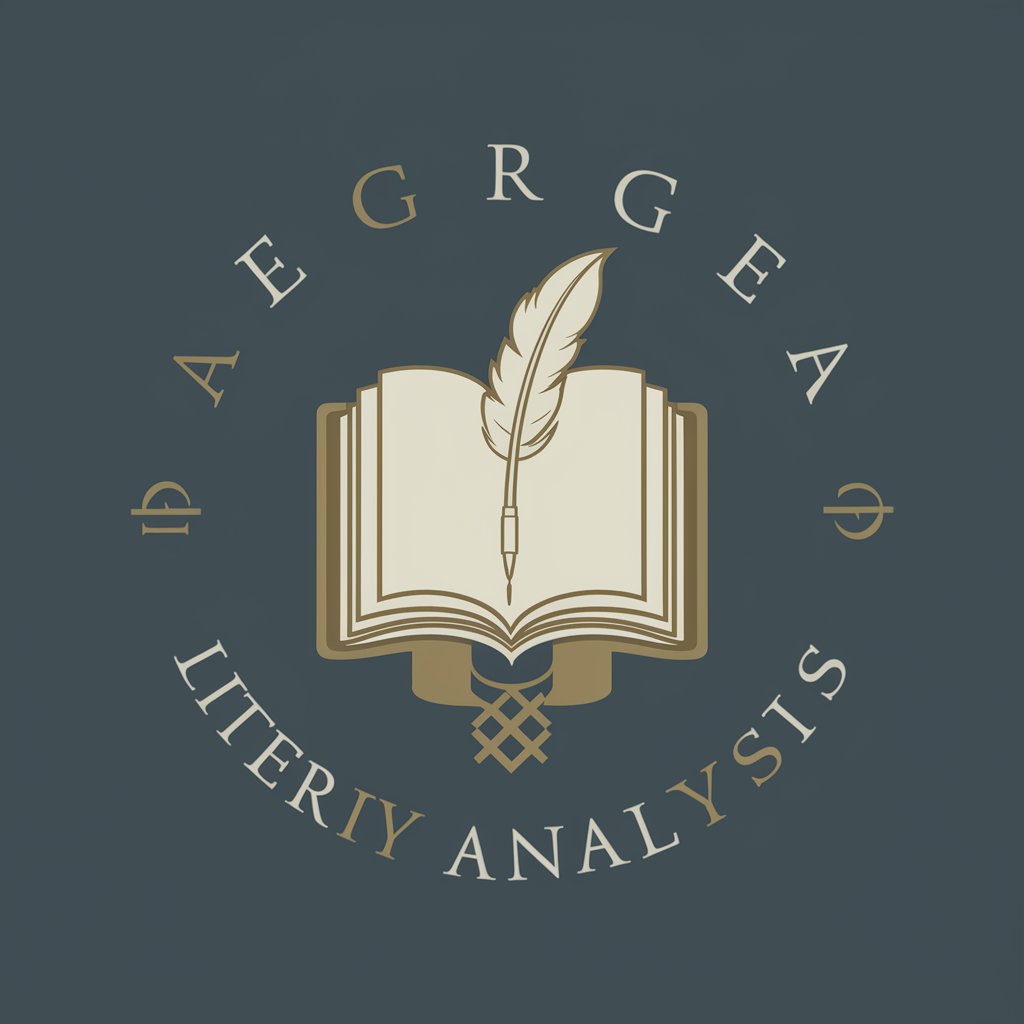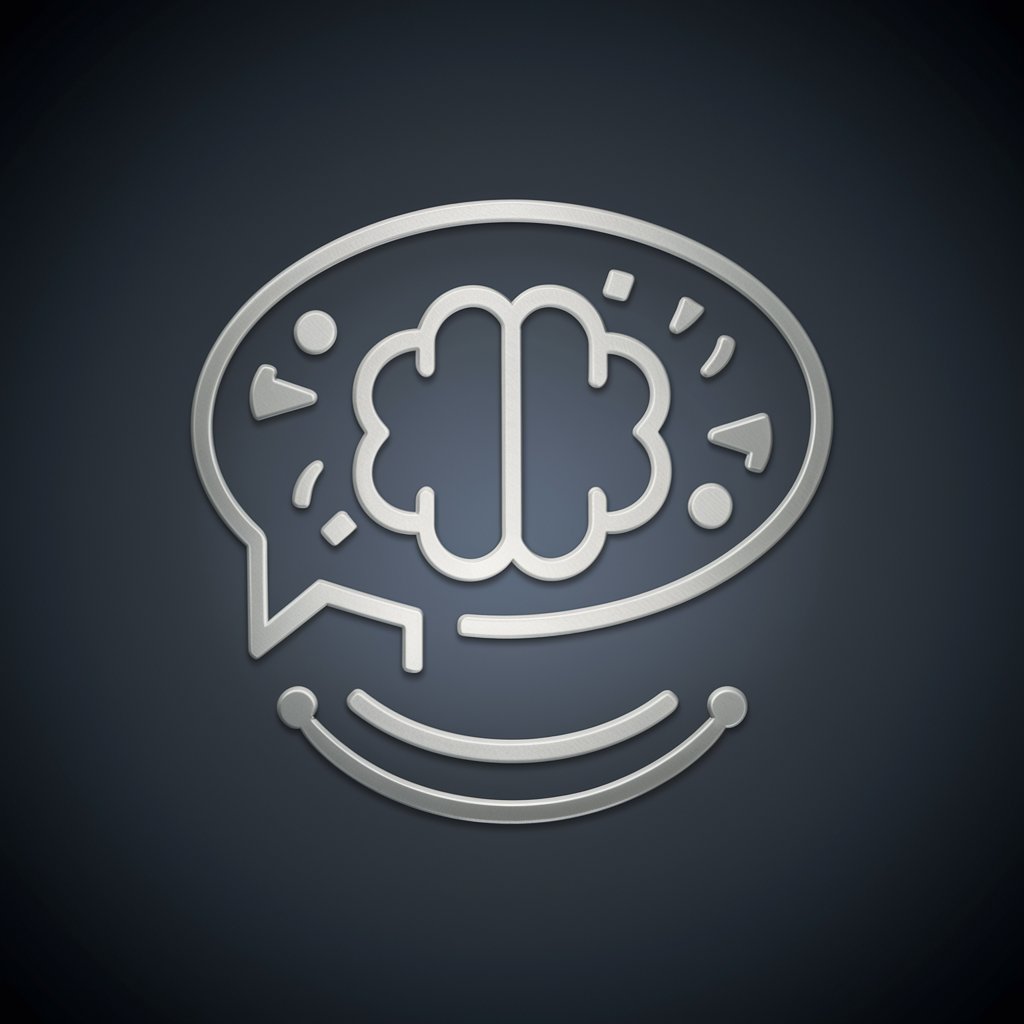
Deep analysis - In-depth Analysis Tool
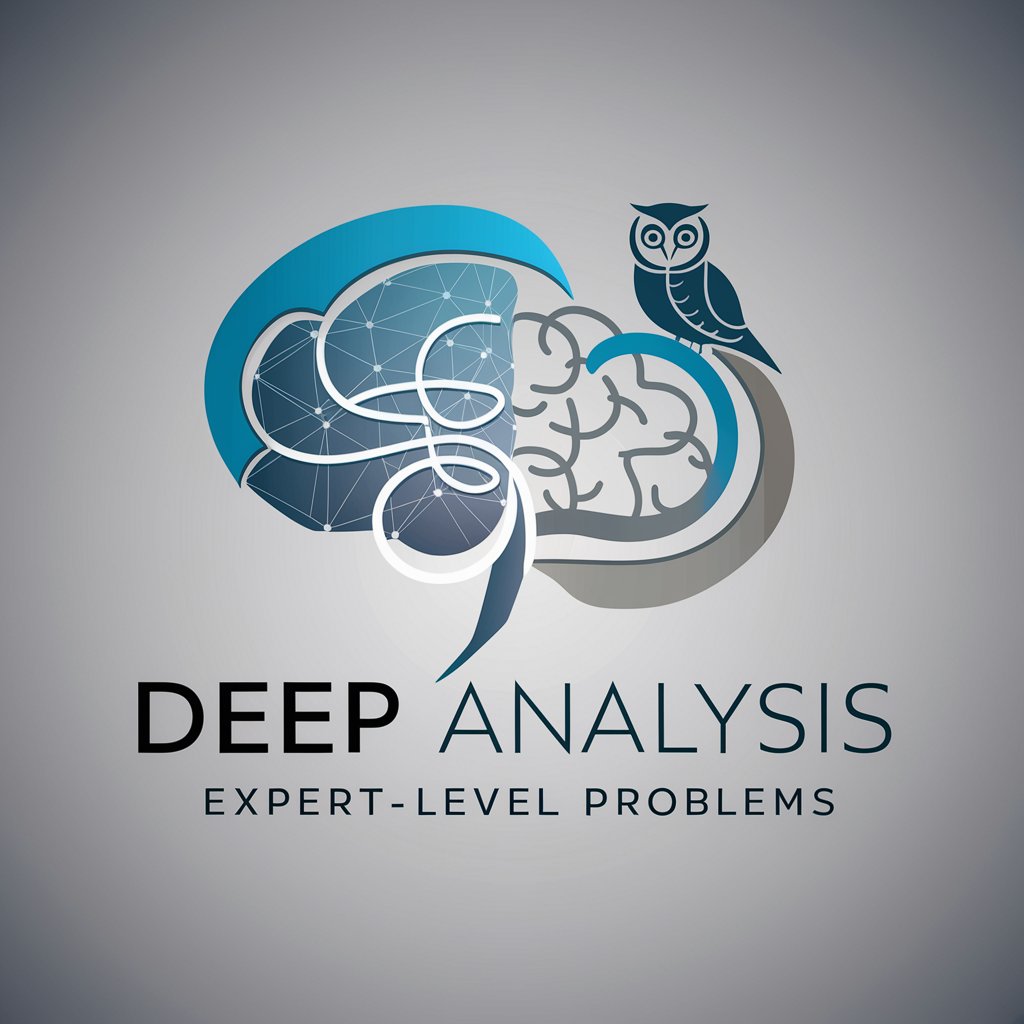
Hello, I'm here to help with your in-depth analysis needs.
Empowering insights with AI analysis
Describe the process of solving complex analytical problems...
Explain how deep analysis can transform data into actionable insights...
Illustrate the importance of expert-level thinking in decision-making...
Discuss the role of AI in enhancing human understanding and problem-solving...
Get Embed Code
Deep Analysis: Unveiling the Core
Deep analysis, as conceptualized, serves as an advanced analytical tool designed to offer insightful, in-depth responses across a diverse range of subjects. Unlike conventional chat models that provide brief, surface-level answers, Deep analysis is engineered to dissect topics thoroughly, ensuring a comprehensive understanding of the subject matter at hand. This specialized model thrives on detailed explorations, enabling it to cater to users seeking extensive analyses rather than quick facts. For instance, in the realm of literature, Deep analysis could dissect thematic elements of a novel, offering interpretations of character development, narrative structure, and cultural significance. Similarly, in technology, it could provide an exhaustive breakdown of AI advancements, detailing their implications for future societal and ethical considerations. Through these examples, Deep analysis demonstrates its capability to transform complex topics into accessible, deeply examined insights. Powered by ChatGPT-4o。

Core Functions and Real-World Applications
Detailed Explanations
Example
When asked about the impact of quantum computing on encryption, Deep analysis doesn't merely outline quantum computing basics. Instead, it delves into the nuances of quantum algorithms like Shor's algorithm, exploring its potential to break current encryption methods, the timeline for these developments, and the ongoing research into quantum-resistant cryptography.
Scenario
This function is particularly beneficial in academic and research settings, where understanding the depth and breadth of a topic is crucial.
Comparative Analysis
Example
In evaluating different economic theories, Deep analysis can contrast Keynesian economics with neoliberalism, examining their foundational principles, historical contexts, policy implications, and real-world outcomes. It assesses the strengths and weaknesses of each theory, supported by data and examples from various global economies.
Scenario
This is invaluable for students, economists, and policymakers who require a thorough understanding of these theories to inform their studies, research, or policy decisions.
Trend Analysis and Forecasting
Example
Deep analysis can examine the evolution of renewable energy technologies, identifying current trends, such as the rise of solar photovoltaic systems and wind turbines. It discusses technological advancements, market dynamics, policy influences, and predicts future shifts in the energy sector.
Scenario
Such analysis is essential for investors, environmental policymakers, and companies in the energy sector aiming to make informed decisions based on current trends and future projections.
Targeted User Groups for Deep Analysis
Academic Researchers
Individuals engaged in scholarly research who require exhaustive analysis on specific topics. Deep analysis aids in uncovering underlying theories, contextual backgrounds, and potential research gaps, making it an invaluable resource for literature reviews, hypothesis formulation, and experimental design.
Industry Professionals
Professionals across various sectors, including technology, finance, healthcare, and more, who need to stay abreast of the latest trends, technological advancements, and industry standards. Deep analysis offers detailed insights that help inform strategic planning, innovation, and competitive analysis.
Policy Makers and Analysts
This group requires in-depth understanding of complex socio-economic issues, policy impacts, and legislative frameworks to craft effective policies. Deep analysis provides comprehensive analyses of policy implications, stakeholder impacts, and historical precedents to support evidence-based policymaking.

How to Utilize Deep Analysis Effectively
Start Your Journey
Begin by visiting yeschat.ai to access a free trial without the need for a login or a subscription to ChatGPT Plus, ensuring easy and direct access to the platform.
Identify Your Needs
Clarify your objectives with Deep Analysis by considering the specific insights or answers you seek. This could range from academic research to market analysis, ensuring the tool's capabilities align with your requirements.
Engage with the Tool
Interact with Deep Analysis by inputting your queries or data sets. Utilize the tool's prompts or templates if available, to structure your requests for more effective outcomes.
Analyze the Outputs
Carefully review the generated insights or answers. Deep Analysis provides nuanced, in-depth responses, so take your time to understand the implications and details of the information provided.
Iterate and Refine
Use the feedback or results from your initial queries to refine your questions or data inputs. Deep Analysis benefits from precise, well-considered inputs, so iterative refinement can significantly enhance the quality of your outcomes.
Try other advanced and practical GPTs
Deep Programmer
Empowering Your Code, Effortlessly.
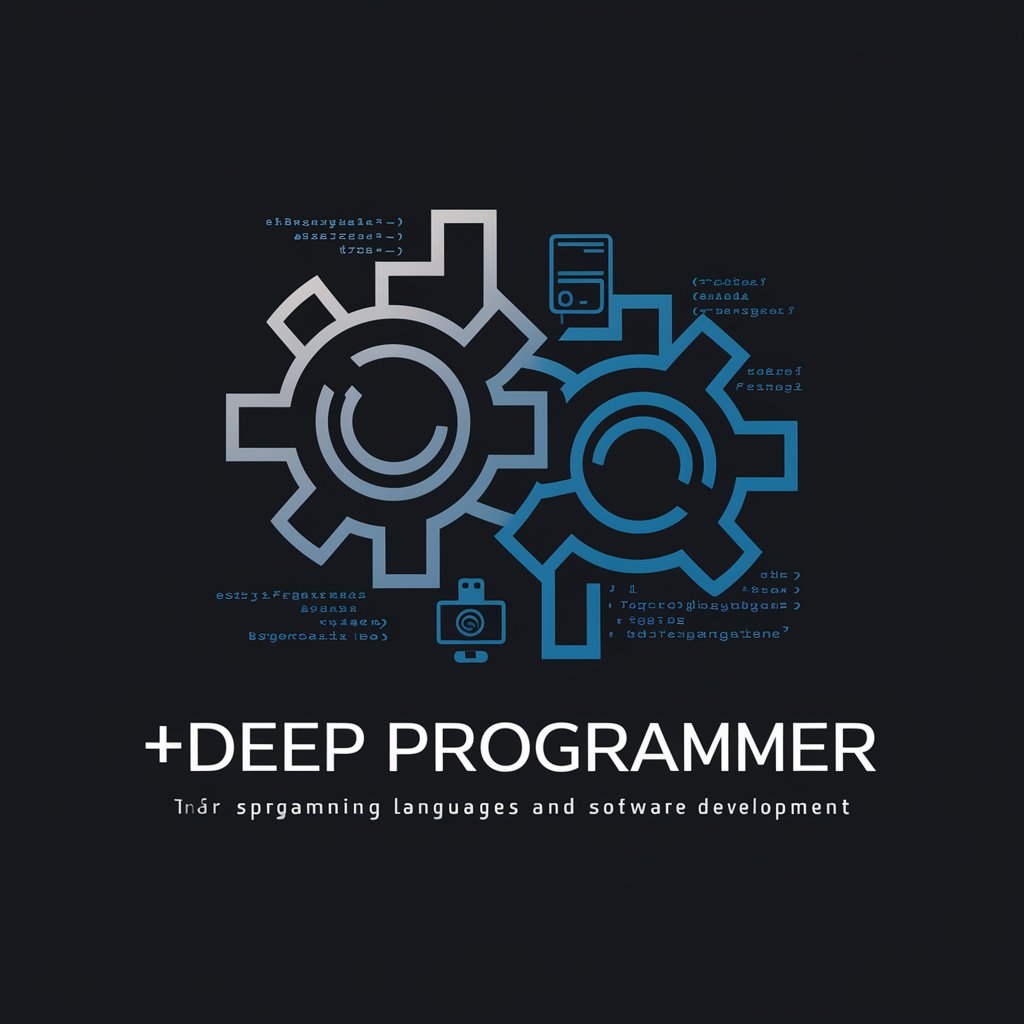
Deep Read
Unraveling Texts with AI Precision
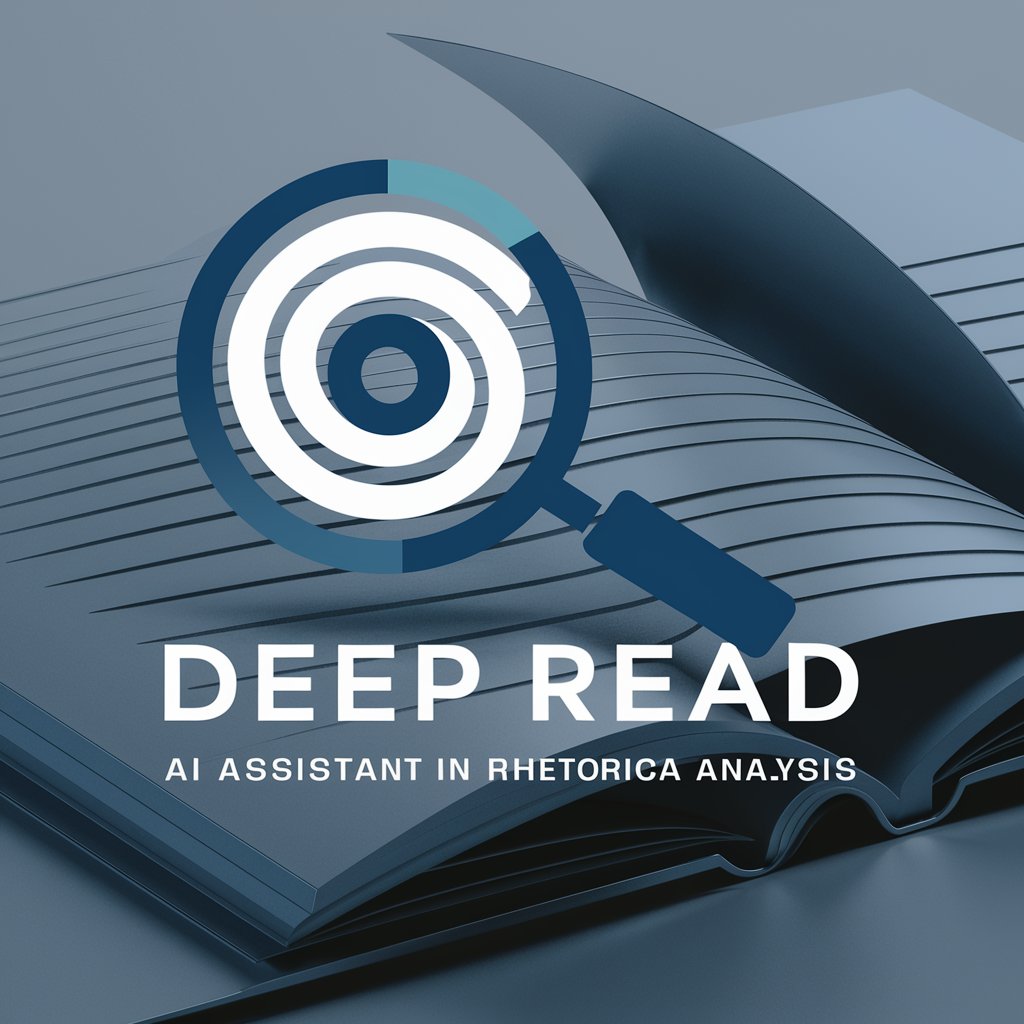
Coder
Elevate Your Coding with AI
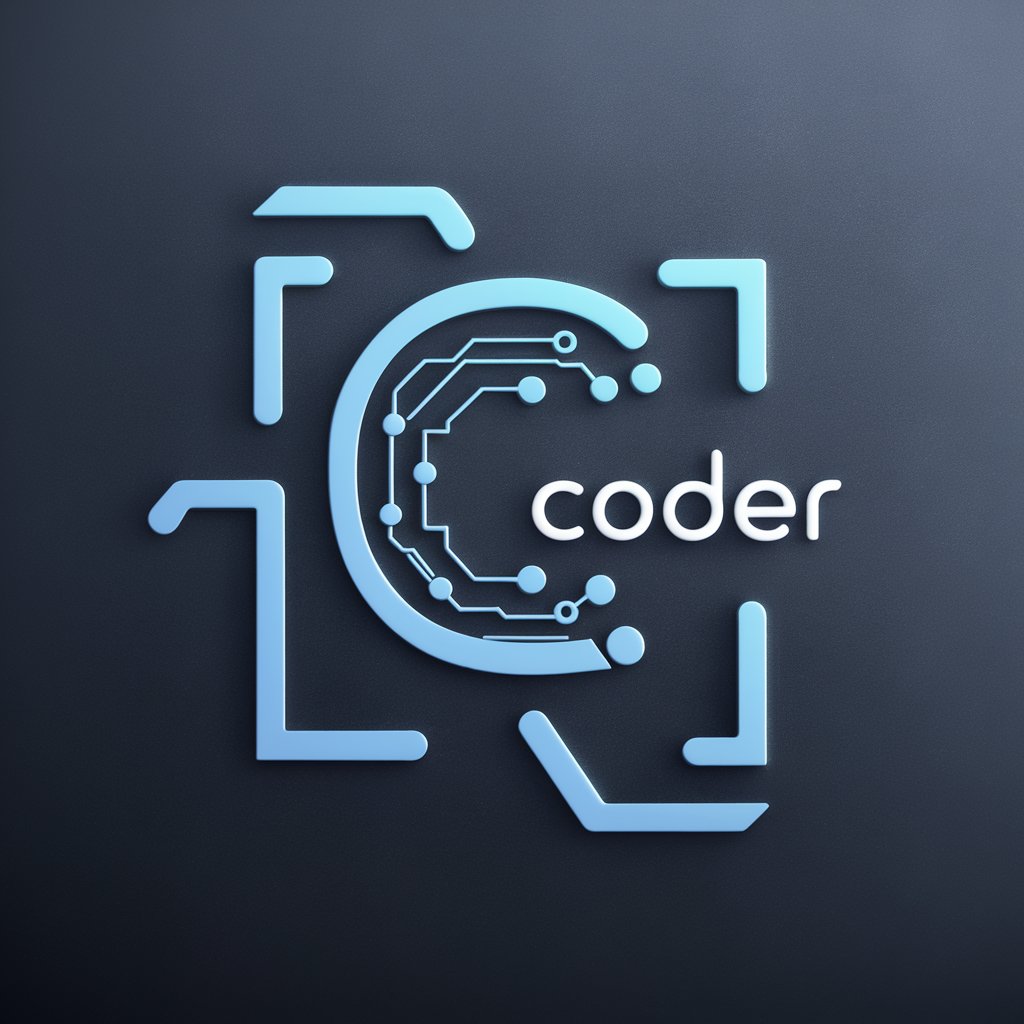
Coder
Elevate Your Coding Journey with AI

Coder
Elevate your coding journey with AI-powered expertise.
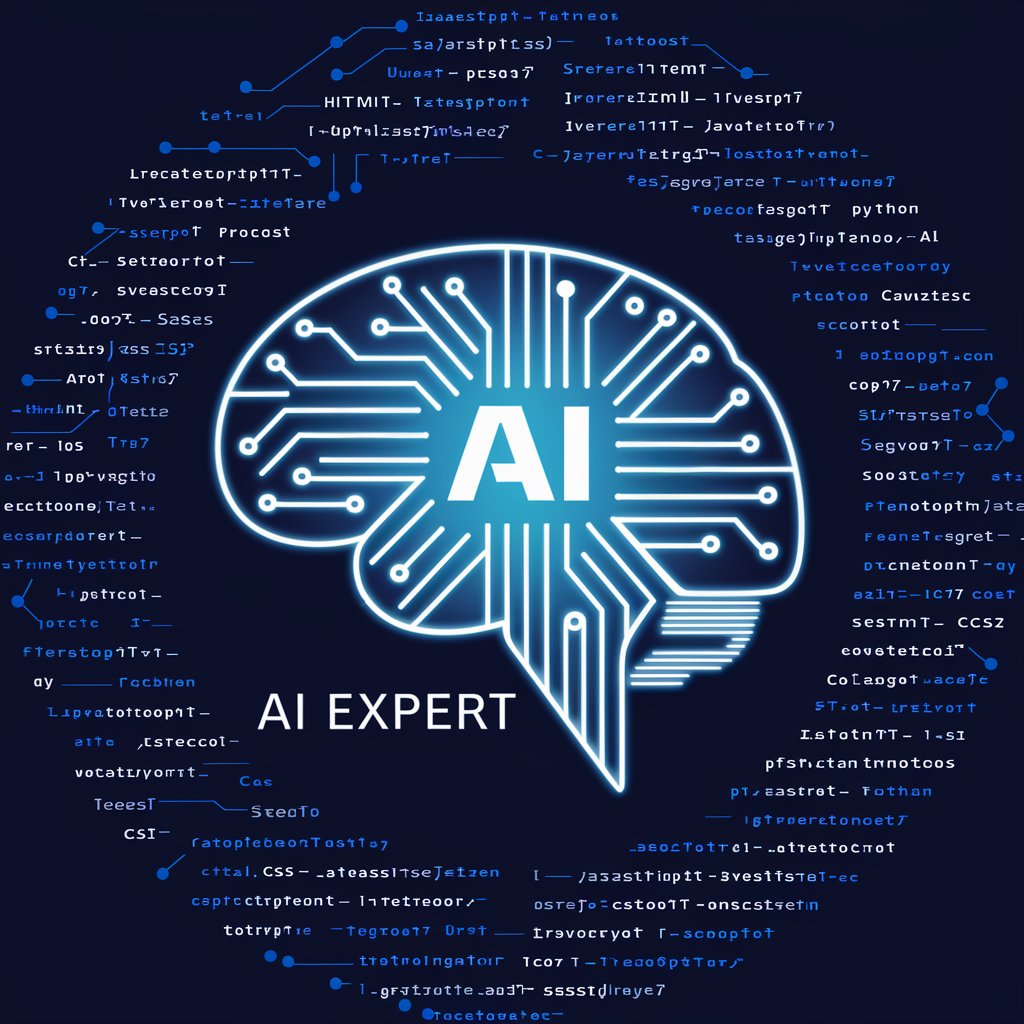
Coder
Empowering C development with AI
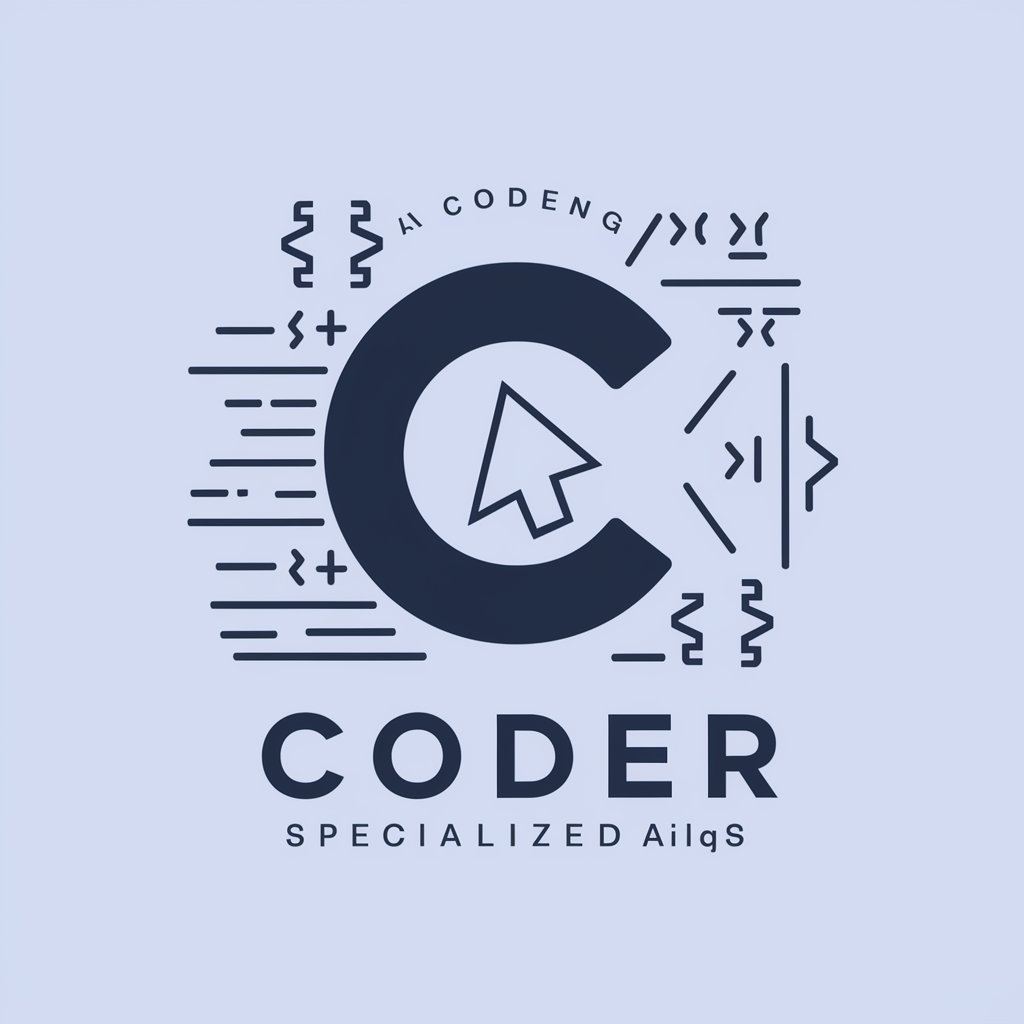
Image Search
AI-powered precision in image finding

Consensus Search
Unlock academic consensus with AI.
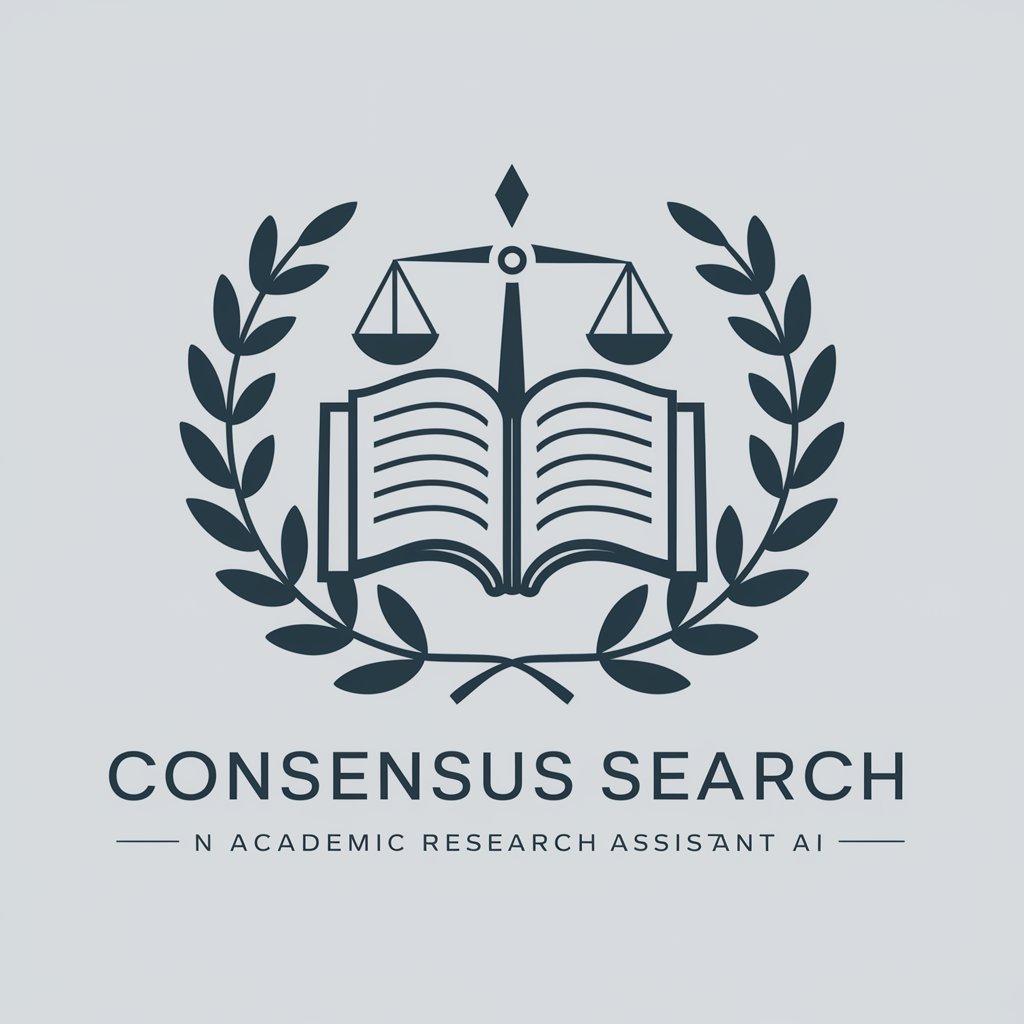
Gooogle Search
Unlock Knowledge with AI

SUPER
Elevate your code with AI-powered guidance.

Super Describer
Bringing Images to Words with AI

Create Your PPT Presentations
Crafting Scientific Presentations with AI

Deep Analysis: Essential Q&A
What is Deep Analysis primarily used for?
Deep Analysis is designed to provide in-depth, comprehensive insights across a variety of domains such as academic research, business intelligence, competitive analysis, and more. It leverages advanced AI to dissect complex queries, offering nuanced and detailed answers that cater to specific user needs.
How does Deep Analysis differ from standard search engines?
Unlike standard search engines that offer broad, surface-level information, Deep Analysis dives deeper into topics, providing detailed explanations, nuanced perspectives, and comprehensive answers. It's built to understand and analyze complex queries, delivering tailored insights rather than generic information.
Can Deep Analysis assist in academic research?
Yes, Deep Analysis is an invaluable tool for academic research, offering capabilities to analyze vast amounts of data, identify trends, and provide detailed explanations of complex subjects. It can significantly enhance literature reviews, theoretical analysis, and data interpretation in various academic fields.
Is Deep Analysis suitable for analyzing business data?
Absolutely. Deep Analysis excels in dissecting business data, providing insights on market trends, competitive landscapes, and customer behaviors. It can aid in strategic planning, market analysis, and decision-making processes by offering deep dives into relevant data and trends.
What tips can enhance the experience with Deep Analysis?
For an optimal experience, users should provide clear, detailed queries and be specific about the insights they seek. Utilizing structured data when available and being open to iterative refinement of queries based on initial outputs can significantly improve the relevance and depth of the analysis provided.
